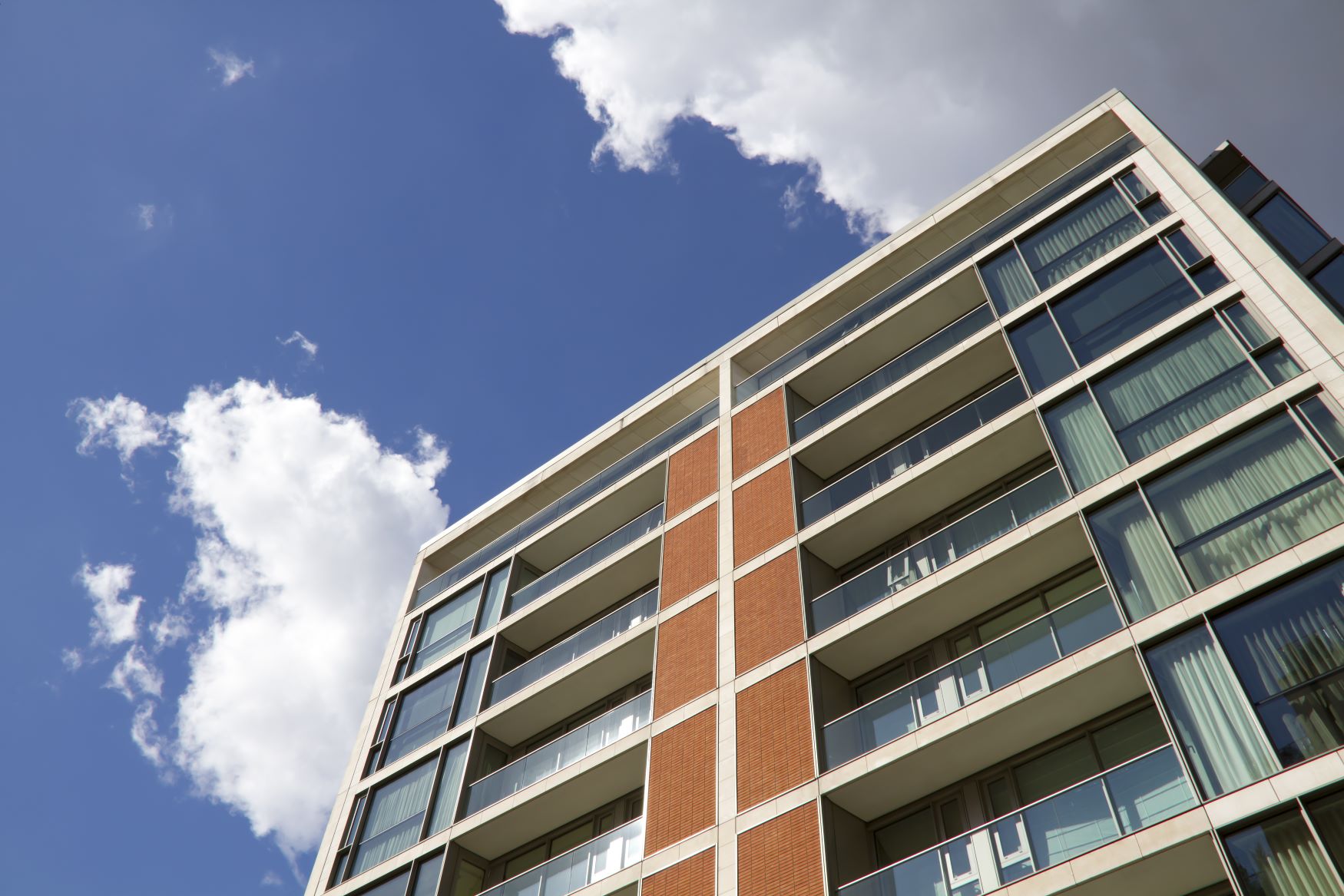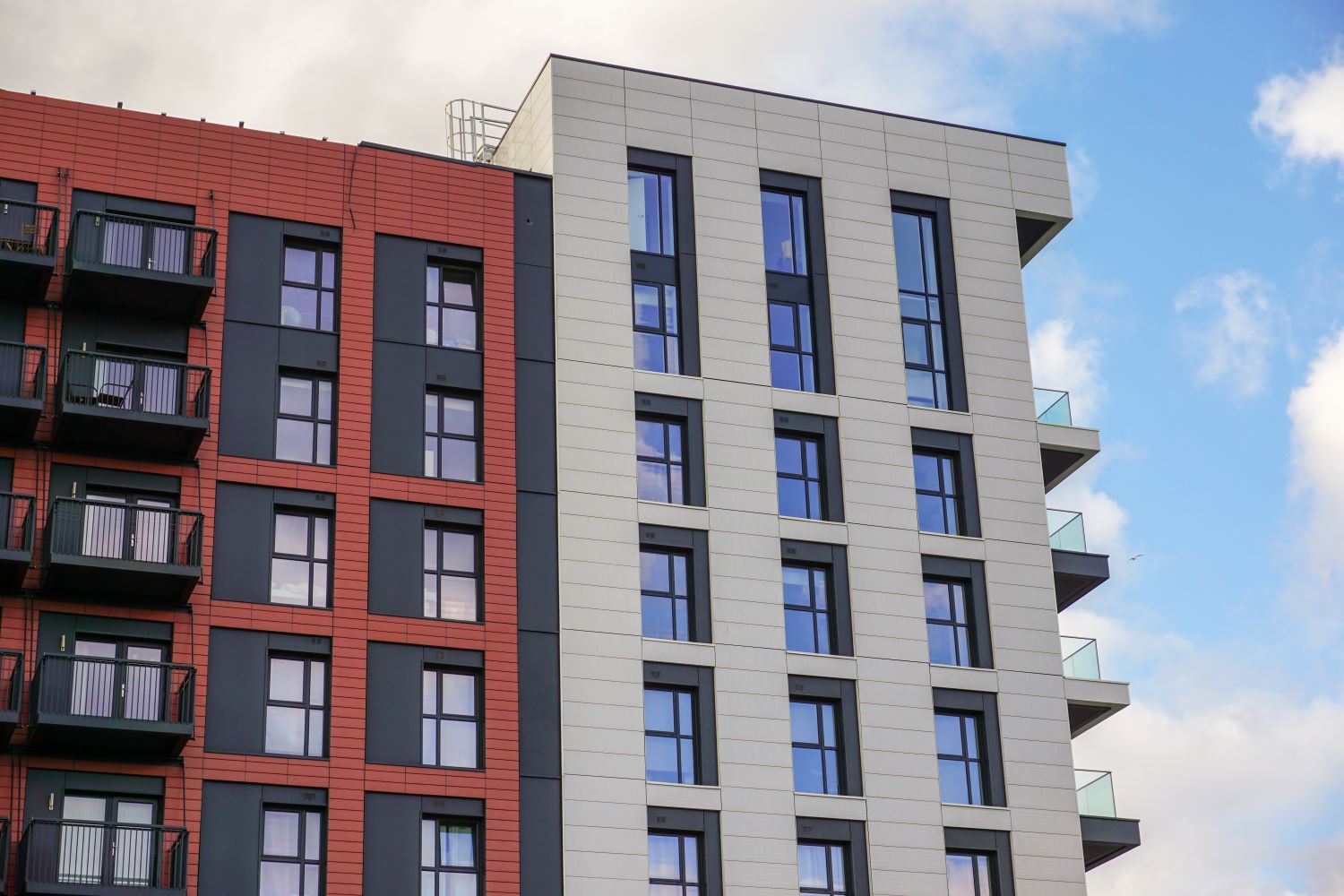A landmark UK Supreme Court decision has brought significant clarity for managing agents, freeholders, and developers navigating the complexities of the Building Safety Act 2022 (BSA). The ruling in URS Corporation Ltd v BDW Trading Ltd confirms the right to recover the costs of remedial works from negligent contractors and designers, even when those works are carried out voluntarily or before formal legal action begins.
This judgment provides much-needed reassurance to those responsible for ensuring the safety of residential buildings, affirming that proactive measures to rectify defects will not prevent them from later recovering their expenses.
Understanding the Landmark Case: URS vs BDW
The Building Safety Act 2022 was introduced following the Grenfell Tower fire to address heightened concerns about the safety of high-rise residential buildings. The case in question involved BDW Trading Ltd (also known as Barratt Redrow), which discovered significant structural defects in two residential towers designed by URS Corporation Ltd.
Between 2020 and 2021, despite no longer owning the properties and not having been sued by residents, BDW carried out extensive remedial works to ensure the safety of the occupants. These repairs took place before the BSA 2022 came into force, which notably extended the limitation period for specific claims related to defective premises to 30 years. Once the Act was established, BDW launched a claim against URS for negligence to recover its repair costs.
Key Questions Addressed by the Supreme Court
The Supreme Court’s decision clarified four crucial legal points:
- Can “Voluntary” Remedial Works Be Recovered?
URS argued that because BDW had carried out the repairs voluntarily, the costs were not recoverable. The Court decisively rejected this argument, stating that in the face of serious safety defects, developers and freeholders have little realistic choice but to act. Ignoring the issue would have endangered residents and caused significant reputational damage to BDW. - Does the BSA’s Extended Limitation Period Apply to Negligence Claims?
URS contended that the 30-year limitation period introduced by the BSA only applied to claims under the Defective Premises Act 1972 (DPA), not to common law negligence claims. The Supreme Court disagreed, ruling that when a negligence claim is connected to a DPA entitlement, the extended time limit does apply. This is a major victory for those pursuing historic building defect claims. - Is a Duty Owed to Developers Under the Defective Premises Act?
The Court confirmed that the duty of care under the DPA is owed not just to homeowners and residents, but also to developers like BDW who incur costs to remedy defects in buildings they commissioned. - Is a Court Order Needed to Claim Contribution?
It was confirmed that the physical remedial work undertaken by BDW qualifies as “compensation” for the purpose of seeking a contribution from a negligent third party. This means that developers, freeholders, and managing agents do not need a formal court judgment or settlement to pursue contribution claims under the BSA.
What This Ruling Means for the Property Sector
This Supreme Court judgment is a significant development for managing agents, freeholders, RTM companies, and developers responsible for the safety of residential buildings.
The key takeaways are:
- Proactive Repairs are Recoverable: Those who act promptly and reasonably to fix serious building defects can recover their costs from the parties at fault.
- No Penalty for Acting Early: Costs for repairs can still be recovered even if the work is done before legal proceedings commence or appears to be voluntary.
- Streamlined Contribution Claims: The ruling removes ambiguity around contribution claims, confirming that the remedial works themselves provide the basis for recovery, without needing a prior court order.
Ultimately, this decision empowers those responsible for building safety to act decisively, knowing that doing the right thing will not prevent them from recovering costs from negligent designers, contractors, or other responsible parties.




